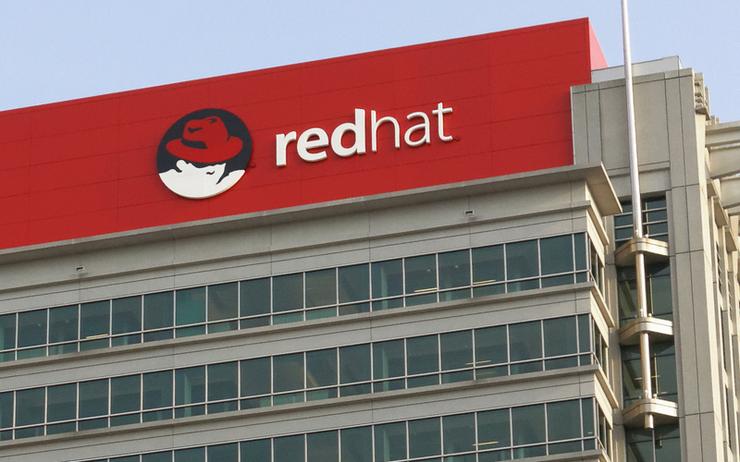 Credit: Dreamstime
Credit: Dreamstime
Red Hat has teamed up with its parent company, IBM, and SAP as part of a joint initiative that will see SAP’s managed services brought on-premises in a move aimed at opening new doors for users while jointly driving a common approach to hyperscale Kubernetes cluster management.
“We want to meet our customers’ needs for IT innovation wherever they are, from corporate data centres to the public cloud and everywhere in between,” Red Hat chief technology officer Chris Wright said in an online post.
“To further this mission, we’re collaborating with SAP and IBM on a joint initiative to bring SAP’s managed services on-premises by validating private deployments of SAP Cloud Platform and related backing services on Red Hat OpenShift.
“Currently with select early adopter clients, this solution, when available, is planned to provide additional flexibility and choice to how enterprises can gain new insights into their operations, find new revenue streams or simply maintain operations in dynamic conditions,” he added.
As part of the project, SAP is planning to adapt the SAP Cloud Platform public offering to run from a user’s location, using that user’s data centre resources to address specific needs for security, control, speed, agility and end-to-end development.
According to Wright, an underpinning element of SAP cloud native services running on-premise is the use of container technology and Kubernetes.
“The integration of SAP’s open source project ‘Gardener’ and Red Hat OpenShift’s new virtualisation capabilities are crucial components to allow smooth and scalable on-premise deployments,” Wright said. “Through OpenShift virtualisation, customers can host SAP's managed services on a more secure, dedicated virtual infrastructure.
“At the same time, they can use OpenShift’s identity management and service discovery to drive cleaner integration with existing systems. For operations teams, managed services become just another OpenShift workload that can be implemented, maintained, resource managed and monitored consistently through familiar Kubernetes primitives and tooling,” he said.
The new partnership comes roughly two months after the general release of Red Hat Enterprise Linux (RHEL) 8.2, which brought with it new features that included expanded monitoring capabilities in Red Hat Insights for and new container tools, including containerised versions of Skopeo and Buildah.
Red Hat said in April that RHEL 8.2 was arriving at a time when, because of the COVID-19 pandemic, a growing percentage of IT staffers were working remotely.
“Now more than ever, IT teams need to be able to monitor, manage and analyse the underlying foundations of enterprise technology stacks, regardless of size, scale, complexity or where they reside across hybrid/multicloud footprints,” the company said at the time.




